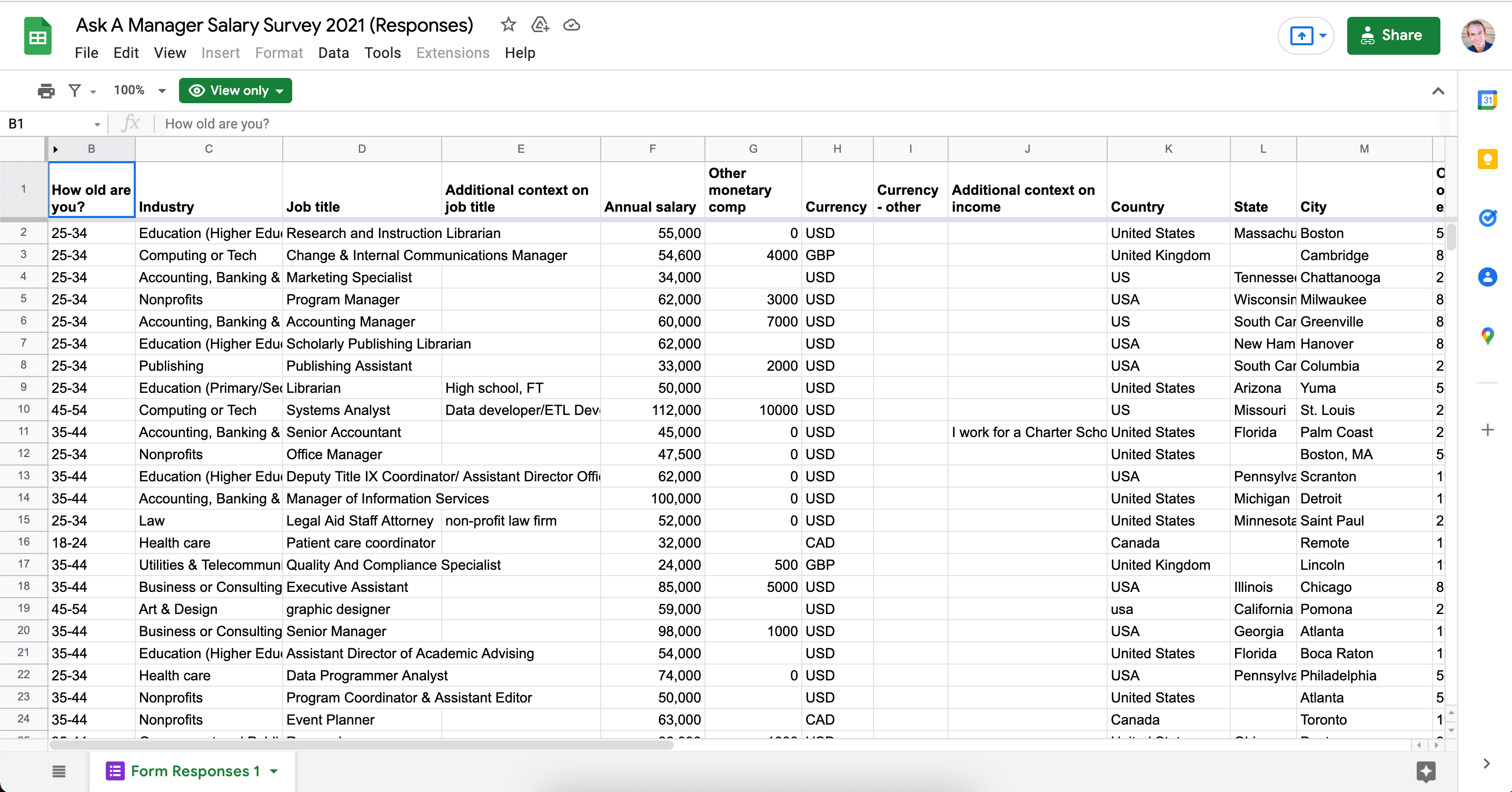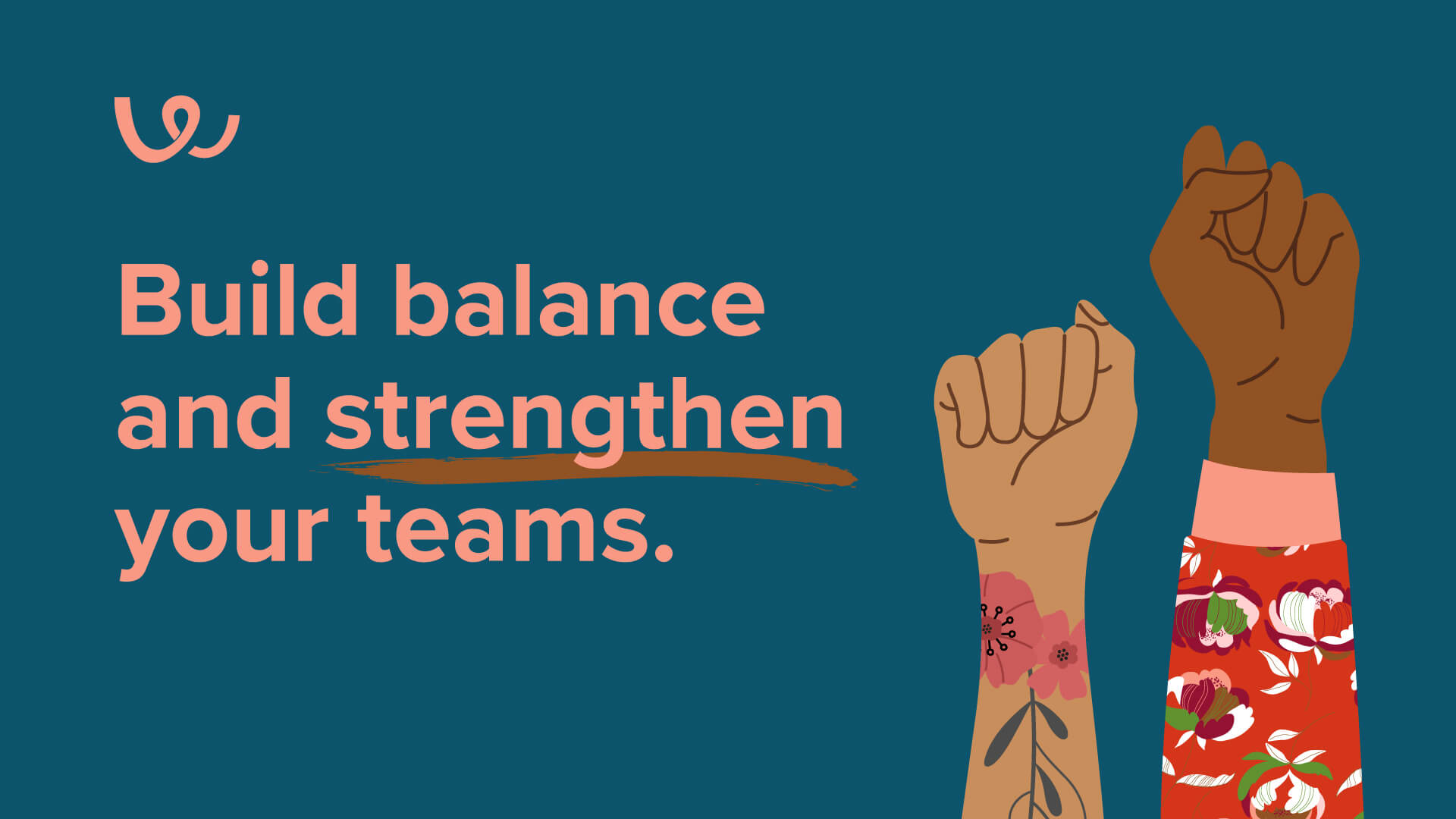Salary transparency: Good thing for employees – and employers?
We don’t discuss three things: Money, politics, and religion. I’ll leave the politics and religion for another article, but we really should talk about money – specifically, salaries.

You can leave your mortgage payment a secret. (We can all look up how much you paid for your house, anyway.)
How taboos change
Can you recommend a therapist? Have you had therapy?
Those questions would have been shocking and rude in previous times, but Gen Z has no problem talking about mental health and seeking therapy or medication. How did this happen?
Very Well Mind theorizes, “Gen Z has grown up in a world where it’s normal and considered natural to get treatment for psychological problems. They don’t know any different, and so they don’t attach any bad feelings to speaking about it.”
Gen Z alone doesn’t deserve the credit for being open – it was also the hard work of previous generations that worked to remove stigmas around discussing mental health. The result is a generation with the ability to talk about these things openly.
We are with salary now where we were 30 years ago with mental health. People are starting to talk about it – in fact, a Glassdoor survey finds 70% of employees across seven countries say salary transparency is a good thing.
It’s still a taboo for many, though. People are working hard to change that, though.
New laws around salaries
Some of these taboos around pay transparency are being broken by state legislatures. For instance, Colorado and New York City both have laws requiring salary ranges on job postings. Companies worked around the Colorado law by advertising in their job ads that remote employees could work in any state but Colorado – because they didn’t want to share salary information.
New York City’s law didn’t go into effect until May 15, 2022. Even then, with so many big companies already located there, it’s not likely to prevent companies from going the Colorado company route and offering remote positions in the Big Apple.
Twenty-two states have bans on asking job candidates to produce their salary histories. That may seem like a step backward for salary transparency, but the opposite is true: when companies can’t rely on a person’s previous salary they have to create their own salary around market rates. Knowing previous salaries helped employers to maintain disparate pay and gave companies strong reasons to not want people to speak about it.
For example, if Bianca was making $40,000 at her last job and Dimitri was earning $50,000 at his last job, and you offer them both a 10-percent increase, you can pat yourself on the back and say you’re fair. But, deep down, you know that is not fair.
By not allowing employers to know previous salaries, they are more likely to offer a reasonable wage to both. Without that salary gap, they are less inclined to care if Bianca and Dimitri compare salaries.
Employees have the right to talk salaries
The National Labor Relations Act (NLRA) in the United States protects the rights of employees to talk about their salaries with their coworkers. This is called “concerted activity,” and the National Labor Relations Board doesn’t look kindly on companies that punish employees from talking about it.
That doesn’t stop companies from attempting to ban salary discussions. Even big names like Apple and Google get nervous when employees discuss salaries. But talk you can – just perhaps not on company servers.
With the ease that people can share information now, it seems more and more likely that these outlier spreadsheets will become the norm.
People leading the pay transparency shift
Alison Green, who writes the Ask a Manager Blog, asks people to share their salaries. The result is a sortable spreadsheet with 24,000 responses that can help you determine your own market worth.
Also, the Global Editor of Business Insider, Nicholas Carlson, announced a new project to help demystify salaries:
Insider is launching a series that demystifies people's salaries, and we need your help https://t.co/lsaYePUyEz
— Nicholas Carlson (@nichcarlson) January 25, 2022
But, when asked to share his own salary, he balked, responding:
“Fun question! I’d rather not say publicly for lots of practical reasons I’m sure you can imagine. This feels a little wimpy but also prudent. I think I would submit it to some third party I could trust to keep it anonymous and average it with other people in roles like mine.”
https://twitter.com/beckpeterson/status/1486054955718950914
We do, it seems, want everyone else to go first. I’ll tell you my salary if you tell me yours, but you better go first!
Well, somebody needs to go first.
How is recruiting and hiring affected?
People push back on companies that won’t share salary ranges up front. With many areas facing a labor shortage, quality candidates won’t waste their time on companies that won’t open up about salaries – whether up front or early in the recruitment process.
Even if you’re not hiring in Colorado or NYC, you will increase your candidate pool by being honest – unless your salaries are too low.
Plus, it saves everyone time and effort if you speak up first. It also cuts down on the potential for discrimination and bias.
Recruiter Mercedes Johnson found out the hard way how people won’t stand for hidden salaries that result in underpaying people. She wrote a Facebook post that stated:
“I just offered a candidate $85,000 for a job that had a budget of 130K. I offered her that because that’s what she asked for & I personally don’t have the bandwidth to give lessons on salary negotiation. Here’s the lesson: ALWAYS ASK FOR THE SALARY YOU WANT (DESERVE), no matter how large you think it might be. You never know how much money a company has to work with. #BeConfident”
The response was not “Oh yes; I should negotiate better,” but instead went on the offensive against Johnson. In short – the candidate shouldn’t have to be confident in negotiations. Rather, the onus should be on the company to be upfront about the pay for a job.
There are 2 types of ppl in this world smh pic.twitter.com/dlHA3rXJWB
— ✨BOOBERELLA ✨ (@TE_AMO_COURT) January 29, 2022
Johnson learned her lesson – and was let go from her role – but companies that try to keep salaries hush-hush may find themselves on the wrong side of Twitter or /r/antiwork. It’s not a nice place to be.
Let’s all be open about how much we’re being paid for a job. You tell me yours, and I’ll let you know mine.






